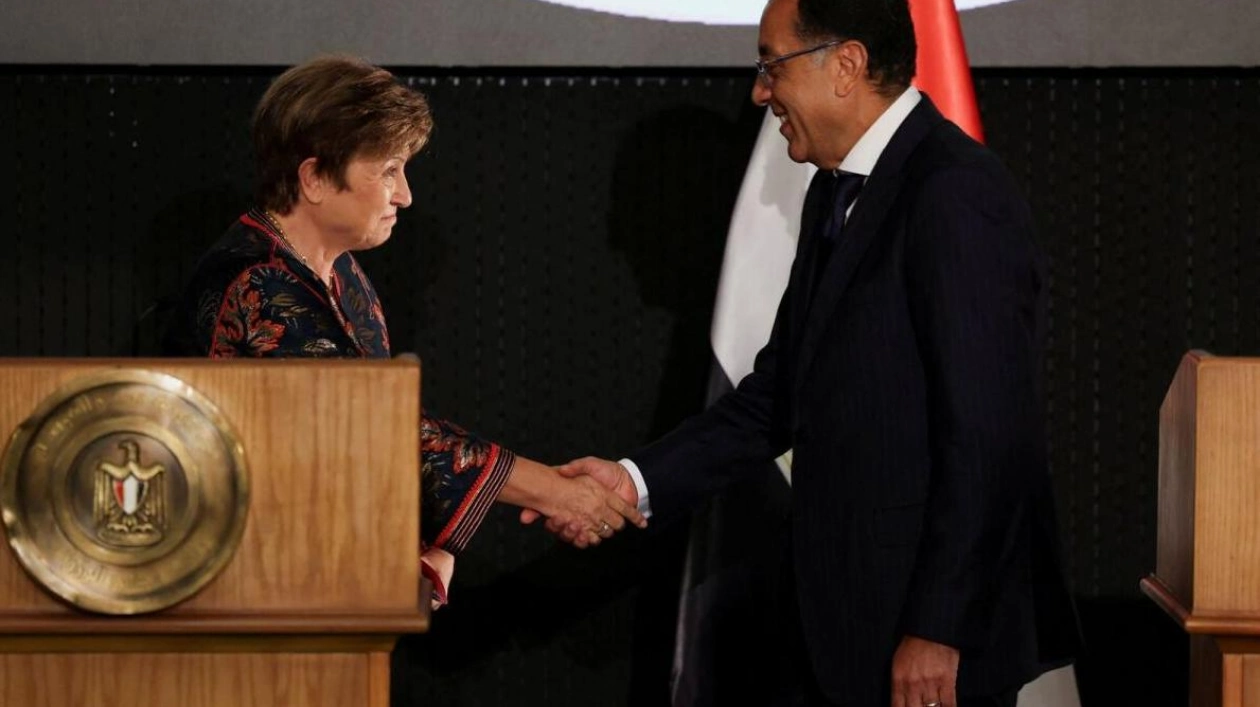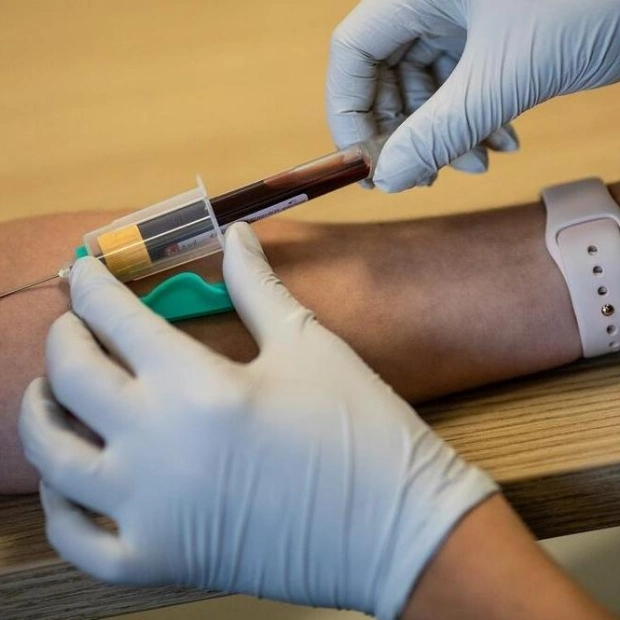The International Monetary Fund (IMF) is set to commence its postponed fourth assessment of Egypt's 46-month loan program this week, as announced by Prime Minister Mostafa Madbouly on Sunday. Initially slated for the end of September, this review is part of an agreement Cairo inked with the IMF in April, which expanded an initial $3 billion loan to $8 billion to assist Egypt in addressing its economic hurdles. The fourth review is expected to release $1.2 billion in fresh funding.
During a joint press conference in Cairo with IMF Managing Director Kristalina Georgieva, Madbouly disclosed that the IMF team would initiate the review on Tuesday, in collaboration with Egypt's central bank and pertinent ministries. Georgieva commended Egypt's dedication and the efficacy of the measures already implemented, including the transition to a flexible exchange rate system, enhancing the private sector's role in growth and job creation, and strengthening social protection by phasing out untargeted subsidies.
The IMF chief acknowledged the economic challenges Egypt faces due to regional conflicts, stating that conditions have worsened through no fault of Egypt's own, but because of the conflict in its vicinity. Earlier on Sunday, Georgieva met with President Abdel Fattah al-Sisi, who emphasized the government's focus on alleviating the inflation burden on citizens, controlling price hikes, attracting investments, and empowering the private sector. Fuel prices were increased by up to 17 percent last month following inflation reaching 26.4 percent in September.
Despite rising living costs, Georgieva expressed confidence that Egyptians would soon reap the benefits of these reforms, leading to a more dynamic and prosperous economy. She projected inflation to decline to 16-17 percent by the end of the fiscal year (June 2025), after peaking at 37 percent. Jihad Azour, the IMF's Middle East and Central Asia director, also highlighted the economic challenges faced by Egypt, including the significant drop in Suez Canal revenue due to reduced trade volume and regional conflicts in Gaza, Lebanon, and Sudan.
Source link: https://www.khaleejtimes.com






